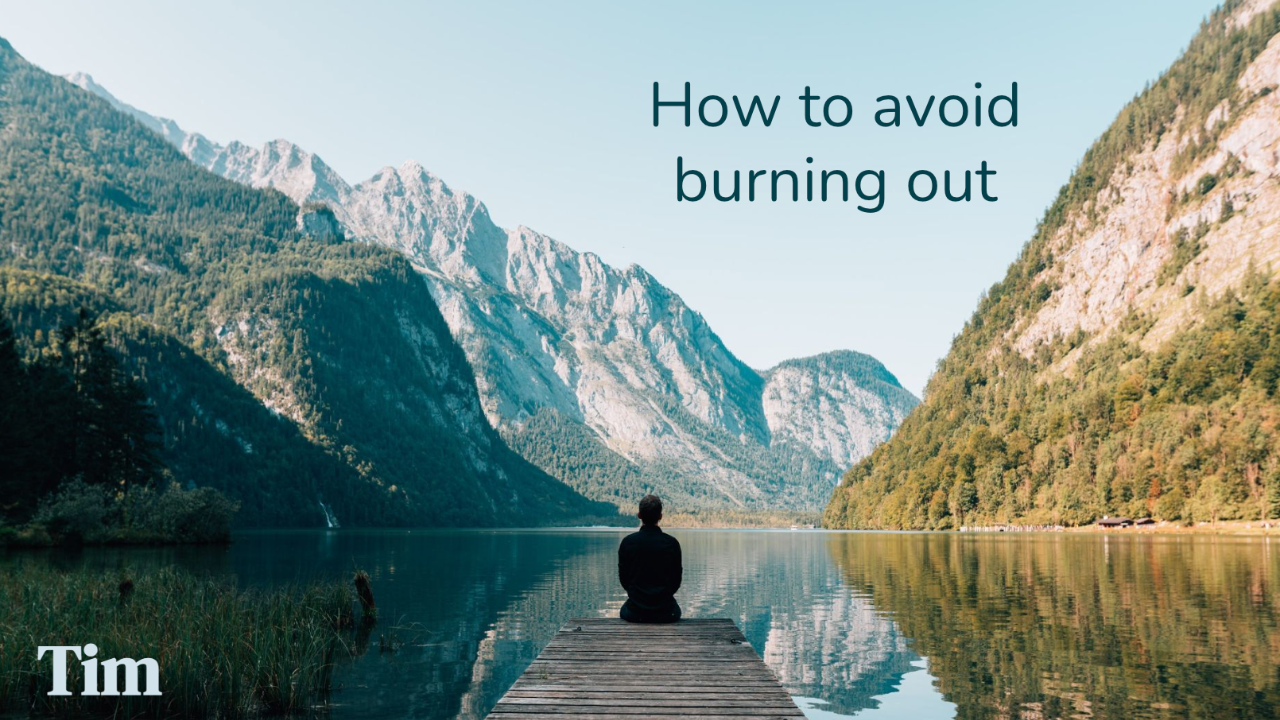How to Avoid Burnout
Continue Reading...
We all know that we can’t keep giving our children and students what they need if we aren’t feeling supported ourselves. As therapist Anne Brunette says, "You cannot care for others if you do not take care of yourself. And yet, when we’re feeling stressed it’s hard to know how to make things better.
Some small changes that can make a big difference
Many of these tips, as you’ll see, are about taking time for yourself. That can seem impossible when there is so much to do, but it’s all about finding possible, helpful things you can do to keep yourself moving in the right direction. Safeguarding our most important activities…
- Leave the work at work. Consider staying half an hour later in your classroom (or coming in earlier) if you have to, so that you can fully relax at home. Unless you have kids of your own. ;-)
- Organize and plan. Look for ways to do things now that will reduce your future workload. As Tim Ferriss says, you can ask yourself, "What would this look like if it were easy?" and then try to take a step in that direction. Again, this can seem hard to find the time for, but it's a bit like making your bed or cleaning your bathroom --you'll be glad you did.
- Take healthy breaks. Email does need to get checked, but take some breaks where you are aiming to rejuvenate yourself--with a very healthy snack, with water, with a 2 minute meditation or a chat with your best friend, down the hall. Sometimes it feels indulgent to even take a proper lunch break. But this can be a good time to “stack” many good things at once --social time, healthy food, get your mind off work.
- Get more sleep. In his great book Why We Sleep, Matthew Walker explains that those with tendencies toward being anxious are particularly vulnerable to having difficulty sleeping and that can lead to a vicious cycle because sleep helps emotional resilience. (More on that in this Youtube Video). Calm is also a great app for falling asleep.
- Talk it out. If you’re feeling stress, don’t keep it to yourself. Psychologists at UCLA found that putting feelings into words reduces feelings like distress.
- Mindfulness. Build a mindfulness habit. Face a corner, set a two-minute timer and just be fully present (i.e. ...


